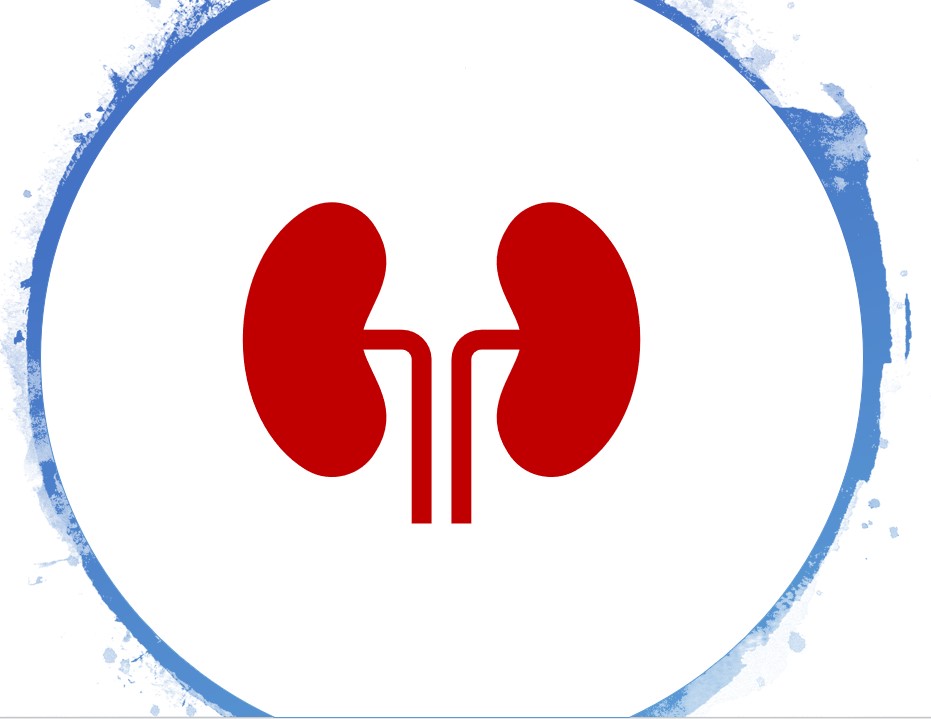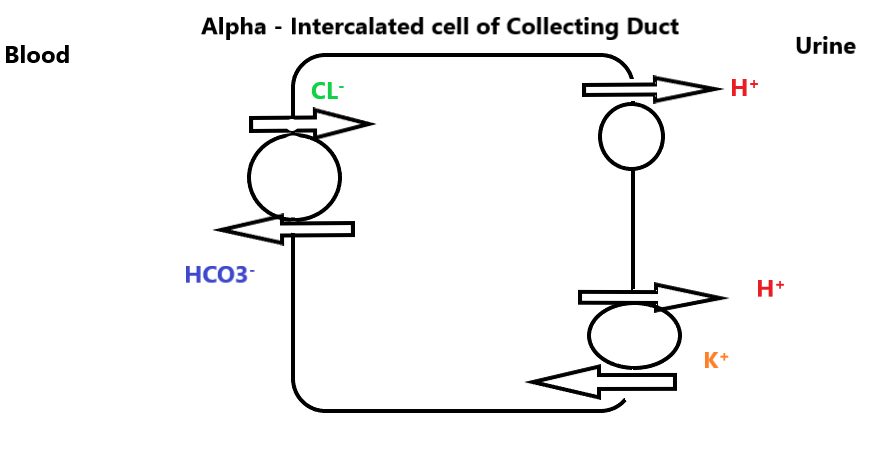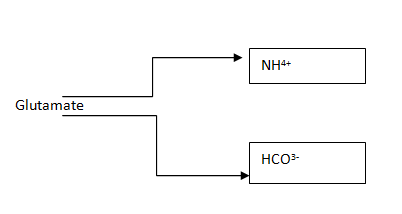
The Kidneys play an important role in acid/base balance. The other major organ involved in acid/base balance are the lungs. I have already covered the lungs in ABG interpretation however the kidney in normal and abnormal function plays a large role.
There are two major ways in which the kidney balances acid base. The first is excretion of hydrogen ions in the proximal tubule and collecting ducts. The collection duct is responsible for the main resorption of bicarbonate and hydrogen ion excretion in an ADP mediated process.

There are also loss of hydrogen ions in the tubule cells via sodium and hydrogen transporter. Sodium is returned to the cell and into the interstitium and therefore hydrogen ions are excreted in the urine. This is one mechanism by which the kidney can control acid/base balance. This can increased plasma pH ( make things more alkali).
The second mechanism is by bicarbonate production. This occurs in the proximal tubule cells of the nephron.

Bicarbonate (HCO3 -) is reabsorbed into the blood. NH4 (Ammonium) is further broken down to NH3 (ammonia) and H+ (hydrogen ions). These are then excreted into the urine. Thus this acts to decrease pH (make things more alkali).
In renal failure there is decreased production of ammonia from glutamate and thus decreased bicarbonate production. This leads to the more acidotic picture that can be seen in many types of renal impairment.
